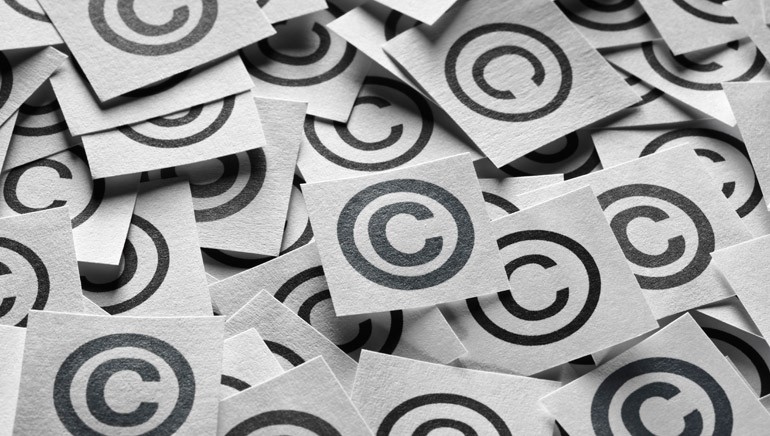Poor Man’s Copyright is No Substitute for the Real Thing

My songwriting students often ask about the viability and legality of the “poor man’s copyright.” This refers to mailing a copy of your song and/or lyric to yourself via registered mail, with the belief that if the song’s ownership were ever contested, producing the unopened envelope would be evidence that you had claimed ownership of the work on the date of the postmark.
While it sounds like a convincing plan that would persuade a judge and jury, many attorneys believe the poor man’s copyright is not worth the price of the stamp. This is because only copyright registration with the U.S. Copyright Office provides a public record of an author’s claim of ownership, as well as benefits, including the following:
- A work must be registered prior to its author or publisher instituting legal action to defend it from unauthorized use.
- Copyright registration made before or within five years of a work’s publication may be used asprima facie evidence (meaning it is presumed to be true unless disproved by other evidence) in a court of law to establish the validity of a copyright, as well as the statements affirmed on the application (such as authorship).
- Under specified circumstances, the owner of a registered copyright may be entitled to additional money in the form of statutory damages or attorney’s fees in the event that infringement is proven.
In addition, many songwriters are unaware that regardless of whether a copyright form has been registered with the U.S. Copyright Office, the other rights and protections conferred by copyright law belong to the author of a work as soon as the following two conditions are satisfied:
- An original work has been created;
- The work has been fixed in a tangible form, which means establishing a physical record of it.
For example, humming a melody does not meet the criteria for copyright. But recording that melody or writing the notes on a sheet of paper does fulfill the requirements of copyright law for “fixing” the work. Similarly, reciting a lyric aloud does not satisfy the copyright requirement, but scribbling it onto a napkin or an ATM receipt does. Once an original song has been placed in a fixed form, regardless of whether the work has been registered with the copyright office, the author(s) already has the following rights:
- To reproduce the work (for example, to make printed copies or recordings)
- To prepare derivative works (such as translations, parodies, abridgements, or other adaptations)
- To distribute or sell copies to the public
- To perform or broadcast recordings of the work publicly
The fee to register a song with the U.S. Copyright Office is $35 for electronic online filing of Form PA or Short Form PA; $85 if a hard copy is mailed. For prolific writers this can add up to a significant expense, but it’s the only way to completely and thoroughly protect your work.
Jason Blume is the author of 6 Steps to Songwriting Success, This Business of Songwriting, and Inside Songwriting (Billboard Books). His songs are on three Grammy-nominated albums and have sold more than 50,000,000 copies. www.jasonblume.com






Community
Connect with BMI & Professional Songwriters